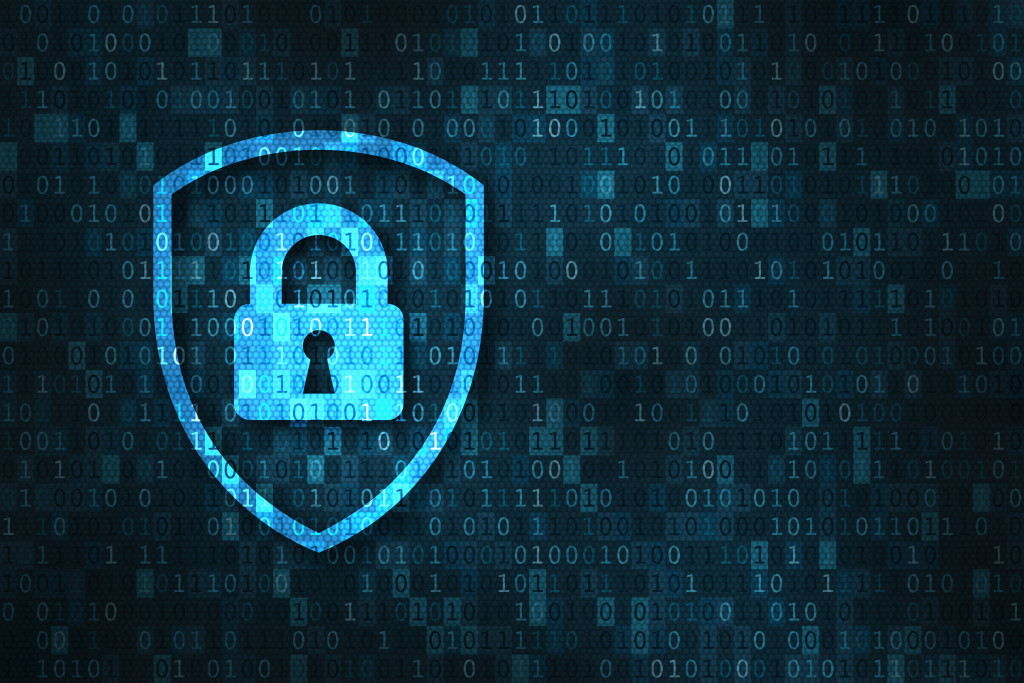Cyber attacks have the potential to seriously threaten your business. Common threats include viruses, spyware, and phishing scams. These are severe risks that can have a major impact on your business, they can damage your equipment, steal your data, and even shut down your operations. So it’s important to be aware of them and take steps to protect yourself and your business. Here are some practices for protecting your business from cyber attacks:
Secure Software Tools
Businesses today rely heavily on technology for communication and operations. As such, you must take precautions to protect information and communication shared between your team and other employees. You may have discussed confidential information about your business, an important client, or a project milestone online with your employees. However, these conversations could be vulnerable, intercepted, and read by malicious third-parties unless you take the proper steps to protect them. You can do so by getting a secure project management software to ensure that only the sender and intended recipient can read the message. This provides an extra layer of security, especially if you share confidential files and attachments with your discussions. This ensures that your business conversations remain private, and you can continue your virtual meetings without worrying about potential data breaches.
Firewall and Anti-Virus Software
A firewall is software that protects businesses from cyber-attacks. It acts as a barrier between your computer and the internet, blocking unauthorized access and preventing malicious software from infecting your system. Firewalls can also restrict access to certain websites or networks, so you can control what your employees can view online. It is vital to keep your firewall software up to date to stay ahead of the latest security threats.
Anti-virus software is another essential element of your business cybersecurity plan. Most anti-virus software packages also include a firewall and anti-spyware protection. However, aside from installing these protective measures on your company devices, you should also encourage all your employees to use anti-virus software on their personal devices. This will not only help protect your business from cyber attacks if an employee’s device is infected with malware, but it will also ensure your employees are safe from online threats when they are not at work.
Strong Passwords
Your passwords are your first line of defense against cyber attacks on your work accounts, so it is important to use strong passwords that are difficult to guess. A strong password should be at least 8 characters long and include a mix of letters, numbers, and symbols. You should also avoid using common words or phrases that can be easily guessed, such as your birth date or pet’s name. It is also important to use different passwords for different accounts, so if one of your passwords gets leaked, the rest of your accounts will remain secure. You should also change these passwords every three months to ensure they remain strong.
Another way to help protect your accounts is to use two-factor authentication. This extra layer of security requires you to enter a second code after entering your username and password. This code can be sent to your phone or generated by an app. Two-factor authentication helps ensure that only authorized users can access your account, even if they know your username and password.
Beware of Phishing Scams
Phishing scams usually involve an email or text message that appears to be from a legitimate company such as your bank or credit card issuer. The email then asks you to provide personal information such as your account number, password, or social security number. However, these emails are not from the company they claim to be from, and providing this information will only help the cybercriminal steal your identity or gain access to your accounts.
To avoid becoming a victim of a phishing scam, you should teach your employees how to spot these scams. The most important thing to look for is the sender’s email address. Many scammers will use addresses that look very similar to the real company’s address, but there will be slight differences, such as an extra letter or number. You should also be suspicious of emails that ask you to click on a link or open an attachment. These links and attachments may contain malware that can infect your computer and steal your information.
In today’s digital age, businesses rely on technology more than ever before, and the security of that technology is critical to the business’s success. It’s not something to be taken lightly – it is a vital part of protecting your business. By taking steps to improve your cybersecurity, you can help ensure the continued operations of your business.
